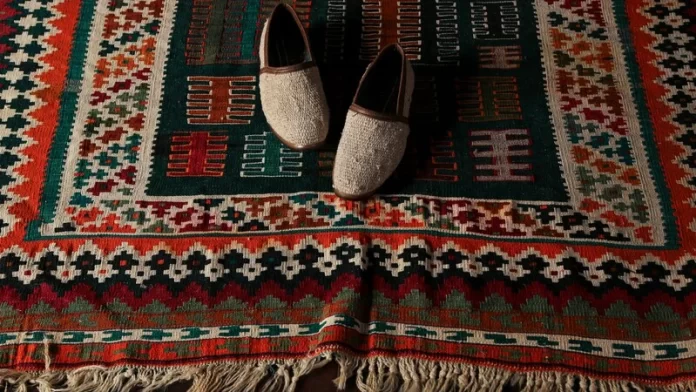Iran‘s famed Persian carpet exports have fallen from $426 million annually to less than $50 million over the past six years as the country’s most prized treasure goes into freefall.
Mortaza Haji Aqamiri, Chairman of the Carpet Commission at Iran’s Chamber of Commerce, blamed the government’s policies for the sharp decline in the export of one of Iran’s most famous products, the Persian carpet. “Instead of suppressing exports, policymakers are expected to facilitate trade processes,” he said.
Last March, official reports indicated that the Persian carpet exports were at its lowest levels in 24 years, dropping by 24 percent in just one year.
Several factors, including the challenges to global logistics chains, rising cost of products and the Covid pandemic, account for the major drop in one of Iran’s most prized national treasures, famed around the world for centuries. International sanctions over Tehran’s nuclear program have also dealt local industries a fatal blow.
In Iran’s rural economy, carpets have been one of the country’s most crucial employment opportunities for many years, providing a livelihood for millions of families. Statistics from the Ministry of Industry, Mine and Trade, have shown that the country’s roughly two million weavers have had to migrate to cities or neighboring countries as business waned.
Fathollah Tousi, a member of the Economic Commission of the Parliament, said competition now comes from countries such as Turkey, China and Afghanistan taking over a trade once dominated by Iran, with Germany, the United States, Japan, and the United Arab Emirates among the main consumers.




